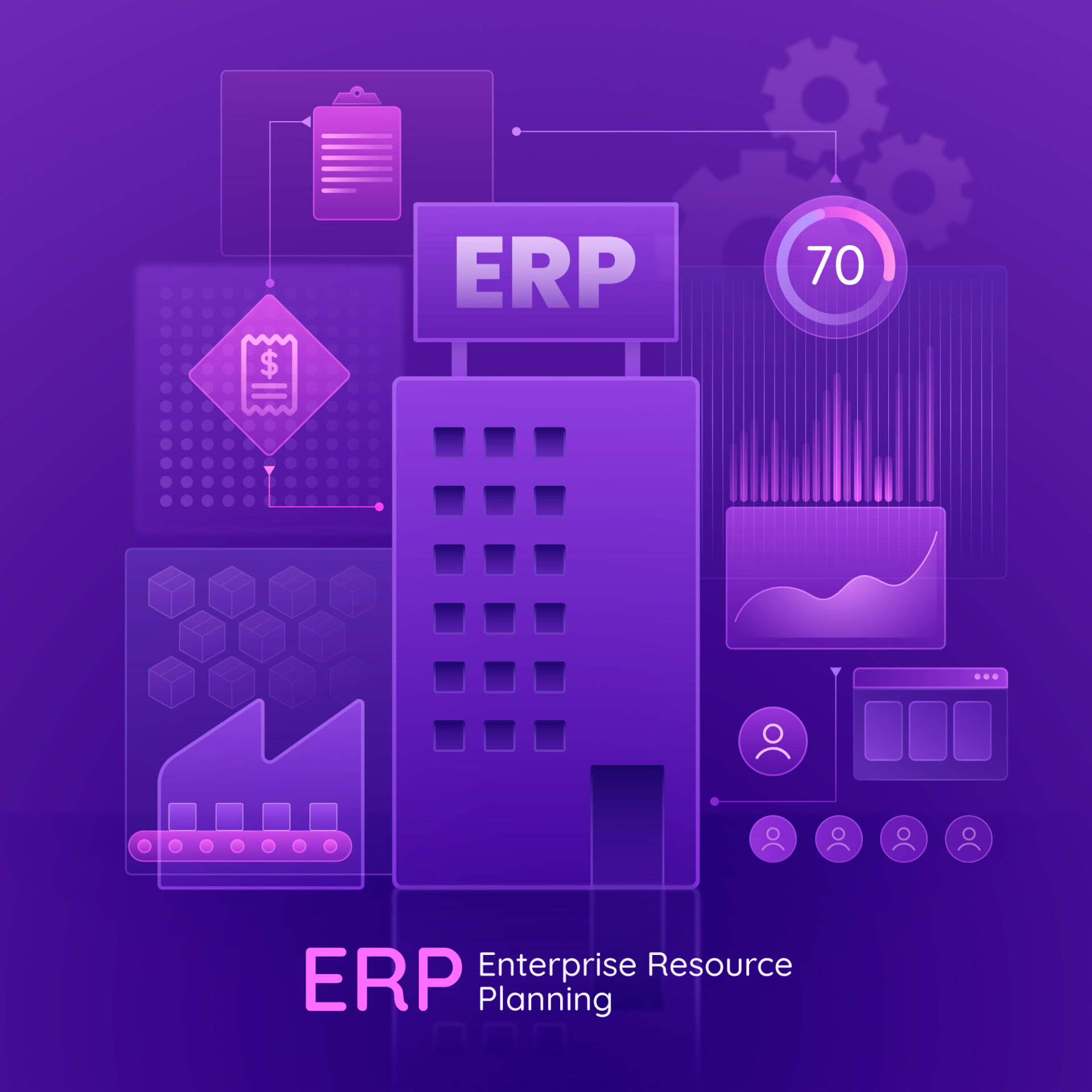In today’s fast-paced business world, any organization aspiring to grow and sustain its success must adopt effective technological tools that enable efficient resource management. Among the most prominent of these tools are Enterprise Resource Planning (ERP) systems—a comprehensive solution that connects different business functions into one integrated system, revolutionizing the way companies operate.
What is an ERP System?
An ERP system is an integrated software solution used to manage daily business activities such as accounting, human resources, inventory, procurement, production, and customer service. It ensures seamless data flow between departments and creates a centralized database that supports fast and accurate decision-making.
Why is ERP Important for Organizations?
1. Data Integration and Process Transparency
ERP systems eliminate data duplication and unify information from all departments. This integration enables access to reliable real-time data, enhancing transparency and supporting strategic, data-driven decisions.
2. Increased Efficiency and Cost Reduction
By automating manual processes and simplifying workflows, ERP systems help boost productivity and reduce time and effort spent on repetitive tasks. This results in lower operational costs through better resource management and waste reduction.
3. Enhanced Customer Service
With a unified view of customer information, sales and support teams can easily access client histories and previous interactions, enabling them to deliver faster and more professional service.
4. Improved Compliance and Quality
ERP supports monitoring compliance with local and international standards—whether financial, regulatory, or industrial—improving product quality and reducing human errors.
5. Supporting Growth and Expansion
Modern ERP systems are scalable, making them ideal for organizations planning geographic expansion or product diversification. With a unified infrastructure, businesses can manage multiple branches or product lines efficiently from a single platform.
ERP as a Core Component of Digital Transformation
In the era of digital transformation, ERP systems are considered a cornerstone of digital infrastructure. They are not just management tools, but strategic platforms that foster new business models, enhance customer experiences, and enable quick responses to market changes.
Common Challenges When Implementing ERP
Despite its many benefits, ERP implementation requires careful planning and a shift in organizational culture. Key challenges include:
Employee resistance to change.
Initial implementation costs.
Continuous training requirements.
However, with the right ERP solution and a trusted technology partner, the long-term return on investment is substantial and assured.
Conclusion
Investing in an ERP system is not a luxury—it is a strategic necessity for any organization aiming for efficiency, excellence, and leadership in a competitive environment. With unified data, automated processes, and comprehensive visibility, ERP systems transform from being a technical tool into a core driver of business growth and innovation.

